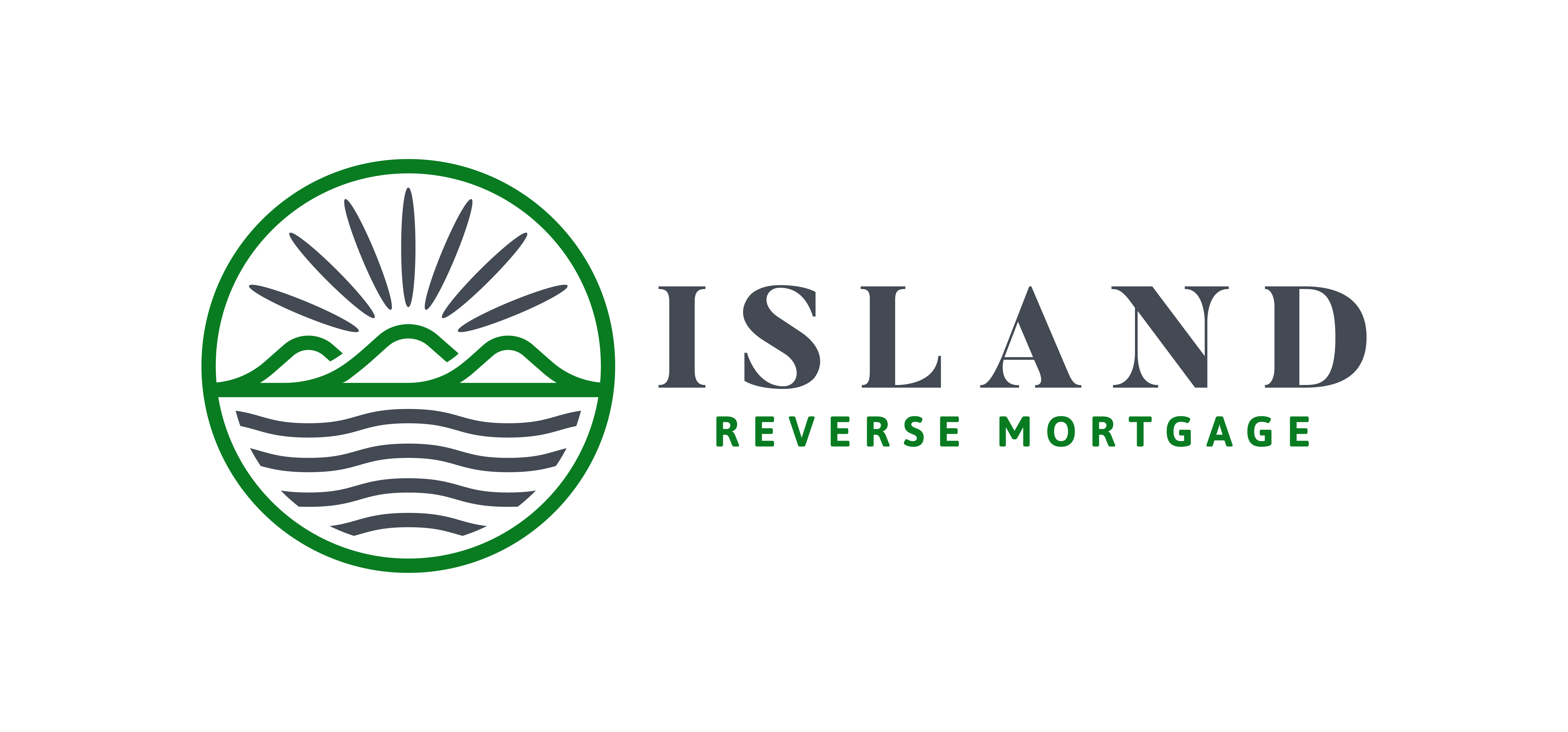Unlocking Home Equity: A Guide to Reverse Mortgages in Hawaii
For many homeowners in Hawaii, the idea of retiring comfortably while still living in their cherished homes is a dream. However, the cost of living can be steep in the Aloha State. If you’re a homeowner looking for a way to supplement your retirement income and stay in your home, a reverse mortgage may be a viable option. In this guide, we’ll explore what reverse mortgages are, how they work in Hawaii, their benefits, and much more.
I. Introduction
Imagine being able to tap into the equity you’ve built up in your Hawaii home over the years without selling it or making monthly mortgage payments. That’s the essence of a reverse mortgage. It’s a financial tool designed to provide seniors with a source of income by using the equity in their homes.
II. What Is a Reverse Mortgage?
A reverse mortgage is a loan that allows homeowners aged 62 or older to convert part of their home equity into tax-free income. Unlike traditional mortgages, you don’t make monthly payments. Instead, the loan is repaid when you sell your home, move out, or pass away.
III. Benefits of Reverse Mortgages
- Supplement your retirement income.
- Stay in your home for as long as you want.
- No monthly mortgage payments are required.
IV. Types of Reverse Mortgages
In Hawaii, there are three main types of reverse mortgages: Home Equity Conversion Mortgages (HECMs), proprietary reverse mortgages, and single-purpose reverse mortgages.
V. How Does a Reverse Mortgage Work in Hawaii?
To obtain a reverse mortgage in Hawaii, you’ll need to go through several steps, including financial counseling, an appraisal, and the loan application process. You can choose to receive your funds as a lump sum, line of credit, monthly payments, or a combination of these options.
VI. Eligibility and Requirements
To qualify for a reverse mortgage in Hawaii, you must be at least 62 years old, own your home outright or have a low mortgage balance, and reside in the property as your primary residence.
VII. Pros and Cons of Reverse Mortgages
While reverse mortgages offer financial flexibility, it’s essential to understand both their advantages and disadvantages. They can provide valuable income, but they may reduce the inheritance you leave behind for your heirs.
VIII. Reverse Mortgage Lenders in Hawaii
Many lenders in Hawaii specialize in reverse mortgages, including local banks and national mortgage companies. It’s crucial to select a reputable lender with experience in this field.
IX. Tips for Choosing a Reverse Mortgage Lender
Selecting the right lender is a crucial step in the reverse mortgage process. Look for a lender with a solid reputation, competitive rates, and excellent customer service.
X. Common Myths About Reverse Mortgages
Misconceptions about reverse mortgages are widespread. We’ll dispel some of the most common myths, such as the misconception that you lose ownership of your home.
XI. How to Apply for a Reverse Mortgage in Hawaii
We’ll guide you through the application process, which includes counseling, property appraisal, and loan approval.
XII. Fees and Costs
Reverse mortgages come with various fees, including origination fees, mortgage insurance premiums, and closing costs. We’ll break down these expenses.
XIII. Safeguards and Protections
Consumer protections are in place to ensure that reverse mortgage borrowers are informed and treated fairly.
XIV. Case Studies
Read about real-life examples of Hawaii residents who have improved their retirement finances with reverse mortgages.
XV. Conclusion
Unlocking home equity through a reverse mortgage can be a valuable financial strategy for seniors in Hawaii. However, it’s crucial to thoroughly research and consider your options before making a decision.
XVI. FAQs
Q1: How do I receive payments from a reverse mortgage in Hawaii? A1: You can choose to receive funds as a lump sum, line of credit, monthly payments, or a combination of these options.
Q2: Can I lose my home with a reverse mortgage? A2: No, as long as you meet the loan obligations, you can stay in your home.
Q3: Are reverse mortgage funds taxable in Hawaii? A3: No, reverse mortgage funds are not considered taxable income.
Q4: What happens to the reverse mortgage if I move out of my home? A4: If you move out, the loan becomes due. Typically, this means selling the home to repay the loan.
Q5: Will a reverse mortgage affect my Social Security or Medicare benefits? A5: Generally, a reverse mortgage should not impact your Social Security or Medicare benefits, but it’s best to consult with a financial advisor for personalized advice. Click here.

